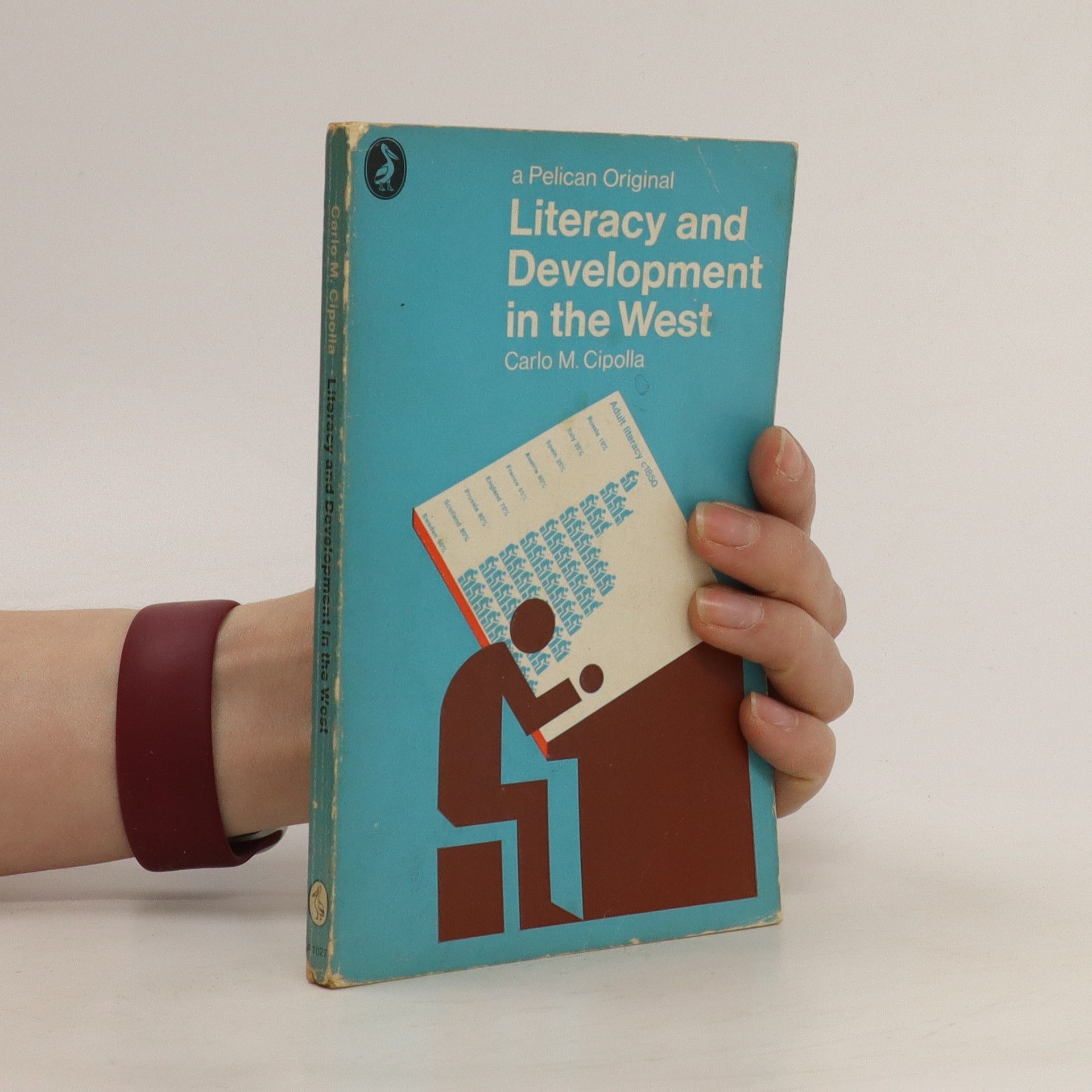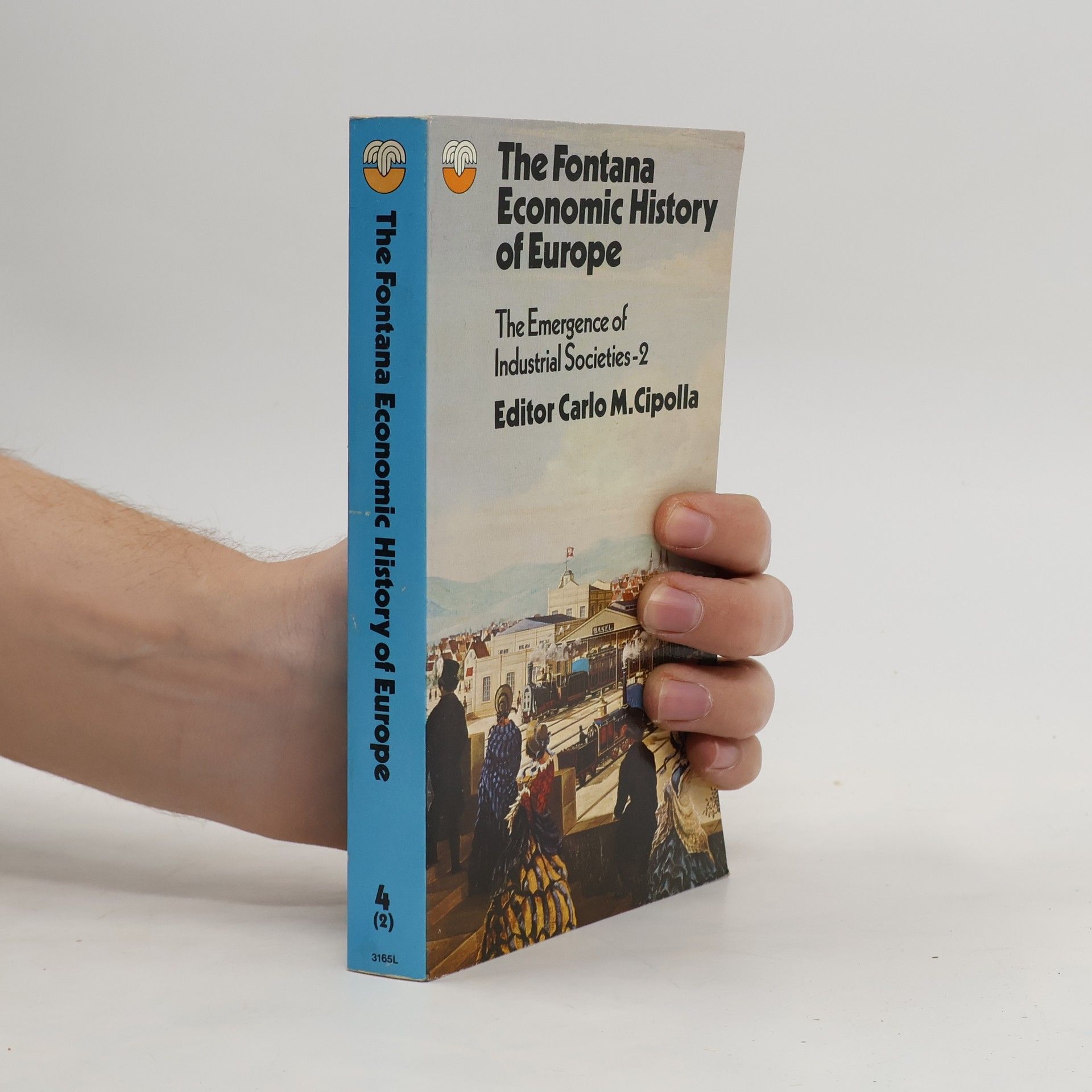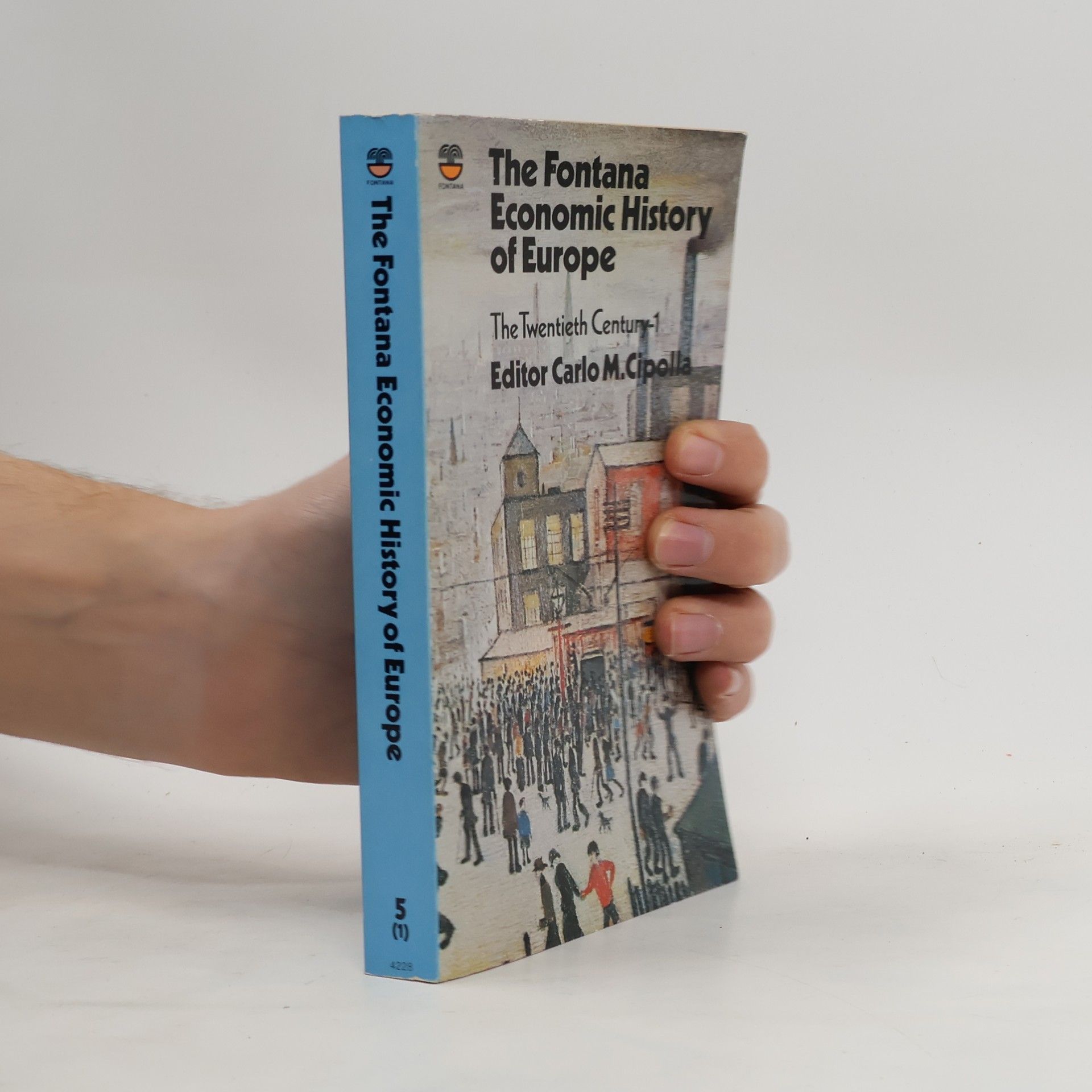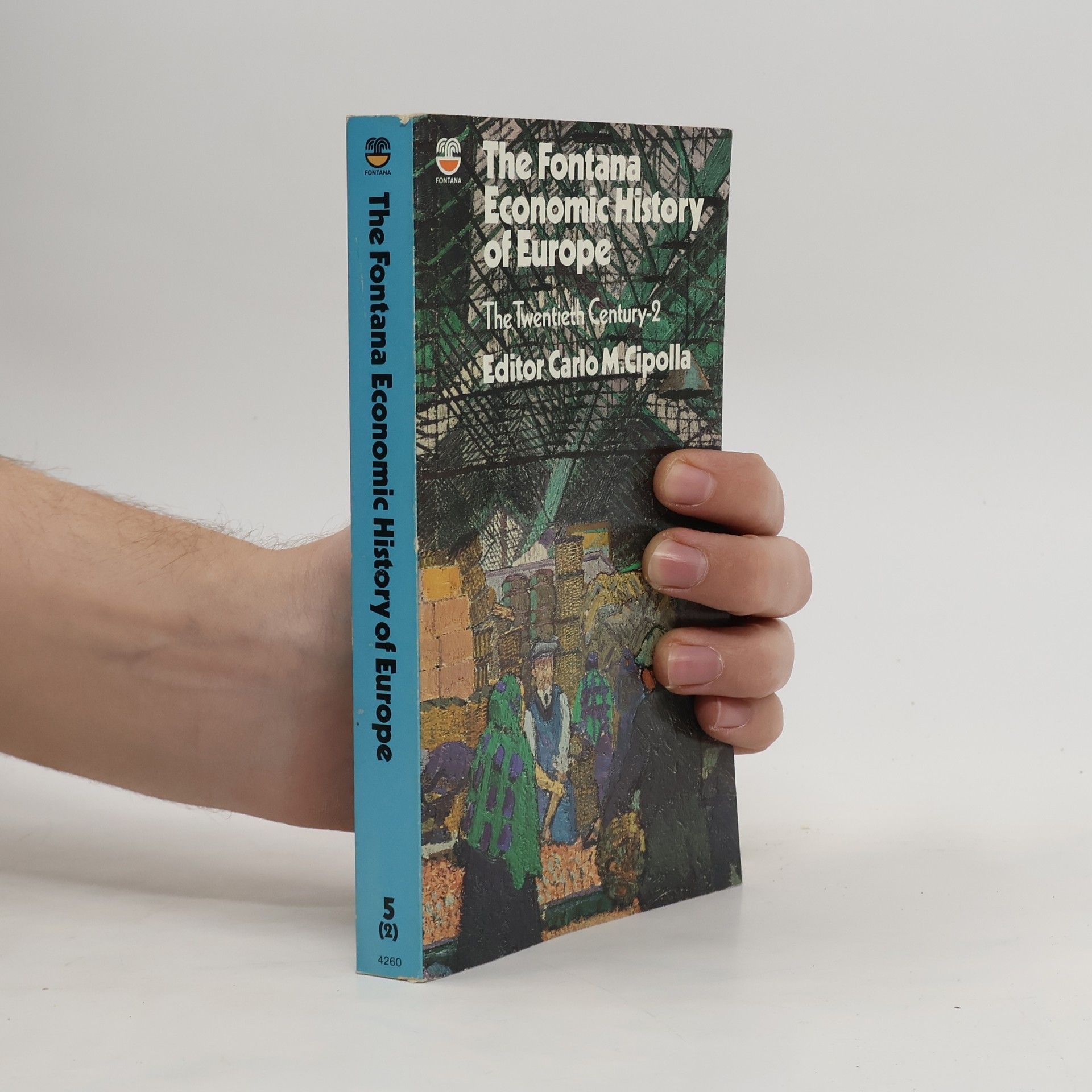Sono tre storie curiose, fuori dal comune, ma tutte rigorosamente vere. La prima storia è ambientata nel '300 e riguarda una famiglia fiorentina potentissima dall'intensa attività finanaziaria. Andati a picco per insolvenza della corona inglese cui avevano prestato somme ingentissime, ne combinano di tutti i colori: si danno a intrighi politici, al brigantaggio, agli omicidi, all'attività di falsari. La seconda storia riguarda una truffa clamorosa che, intorno alla metà del '600, ebbe come protagonisti alcuni nobili liguri. Nell'ultima storia Cipolla si sofferma su un'opera apparsa nella seconda metà del '600 in Francia, Le parfait négociant, una sorta di Bibbia del commercio e delle frodi relativa ai vari paesi d'Europa.
Carlo M. Cipolla Libri
Carlo M. Cipolla è stato uno storico economico italiano dedicato a svelare le forze fondamentali che plasmano la civiltà umana. Il suo lavoro è caratterizzato da un'ampiezza straordinaria, che spazia dalle finanze medievali alla storia delle malattie, e da un acuto intuito su come i fattori economici abbiano plasmato le società. Cipolla divenne rinomato per il suo stile narrativo fluido e accattivante, che rese accessibili anche concetti storici complessi a un vasto pubblico. I suoi saggi e libri offrono una prospettiva unica su come l'umanità si sia evoluta e adattata alle sfide della vita economica.

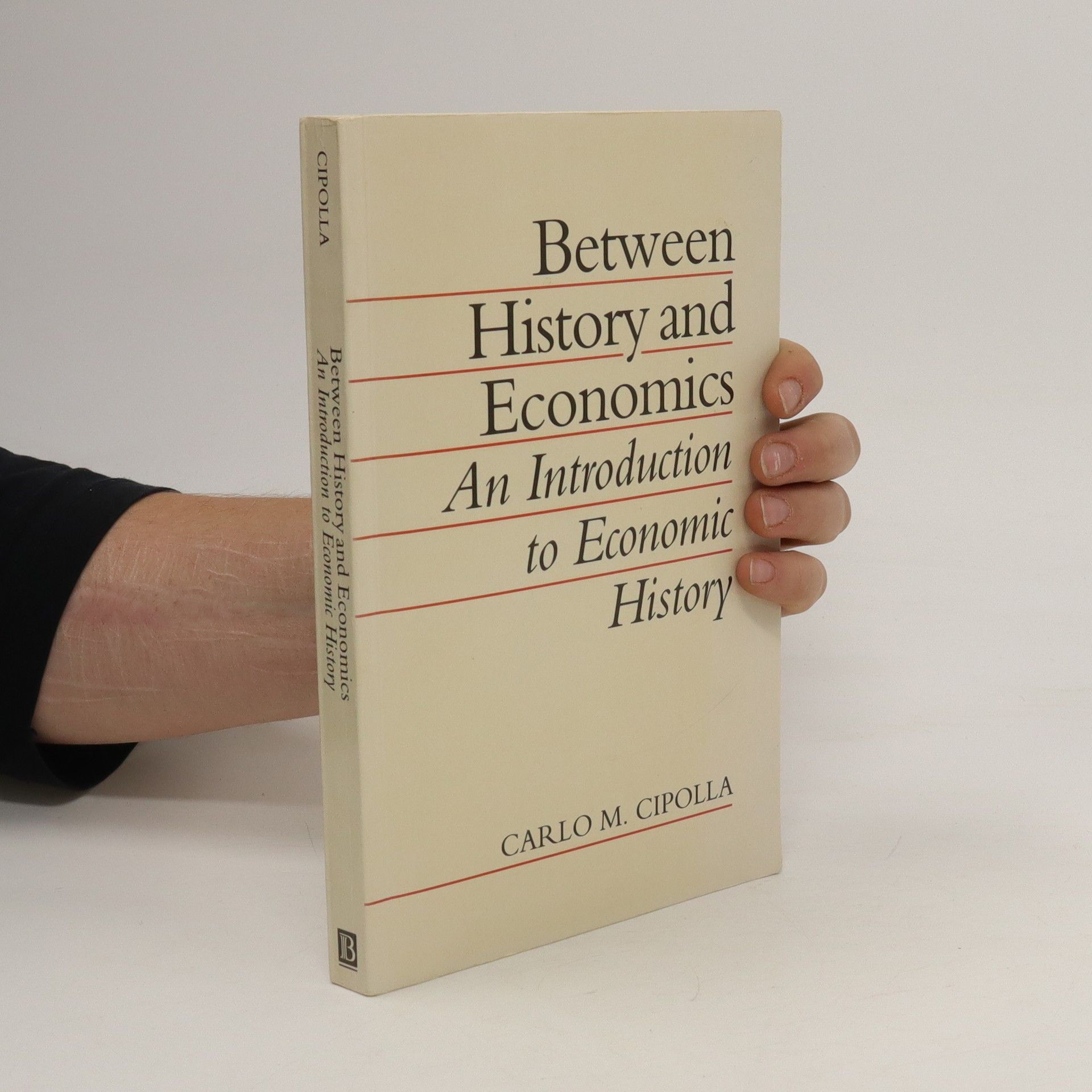
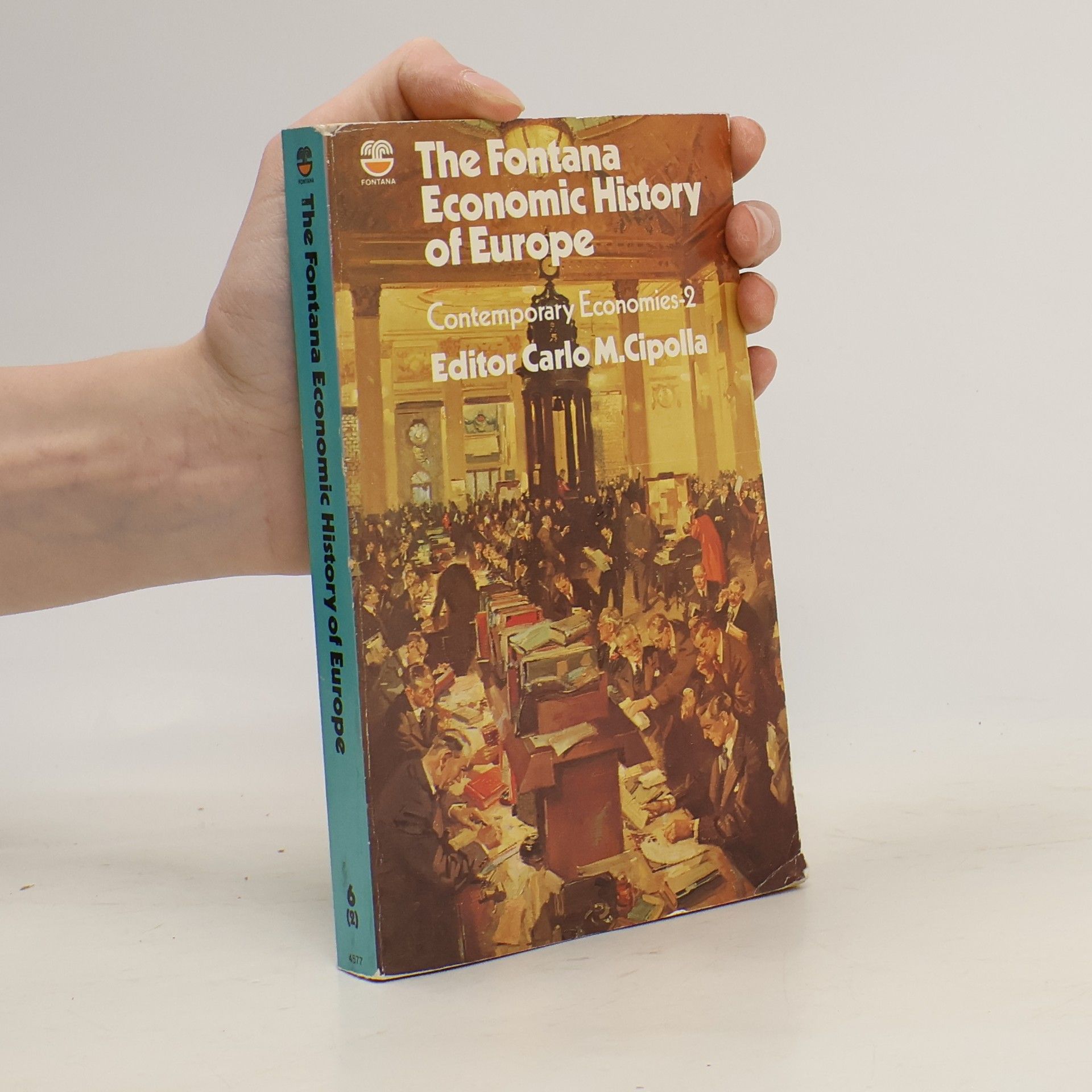
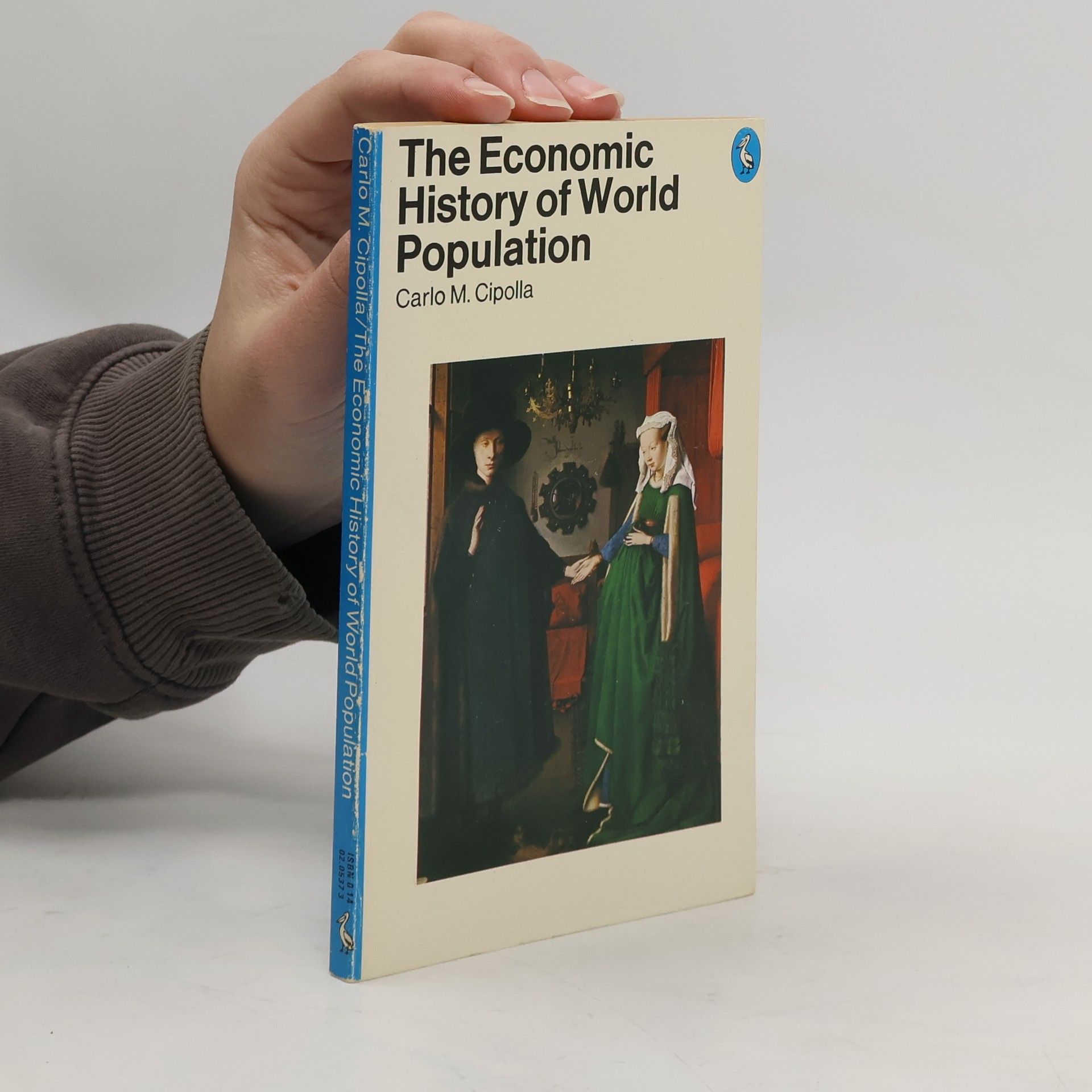

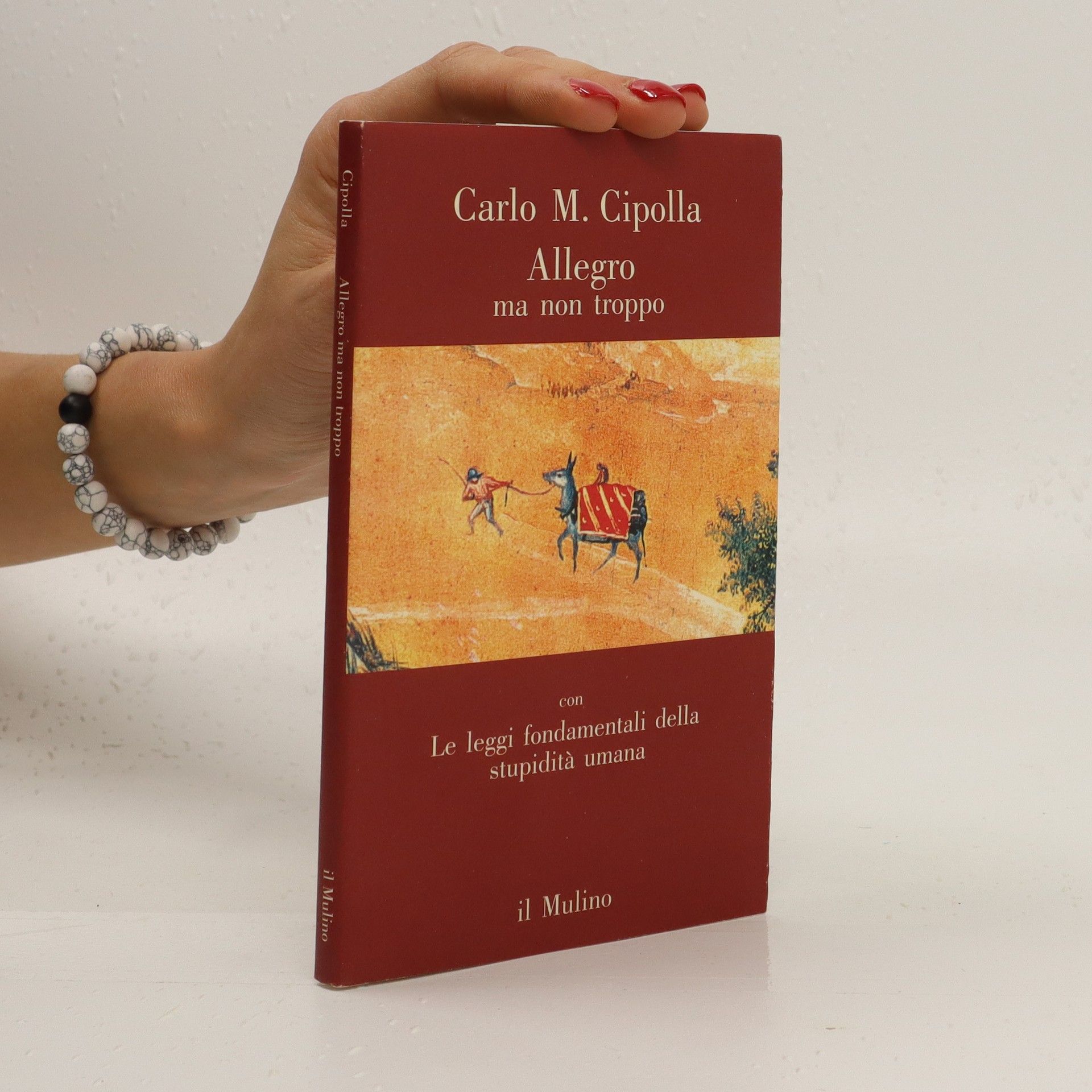
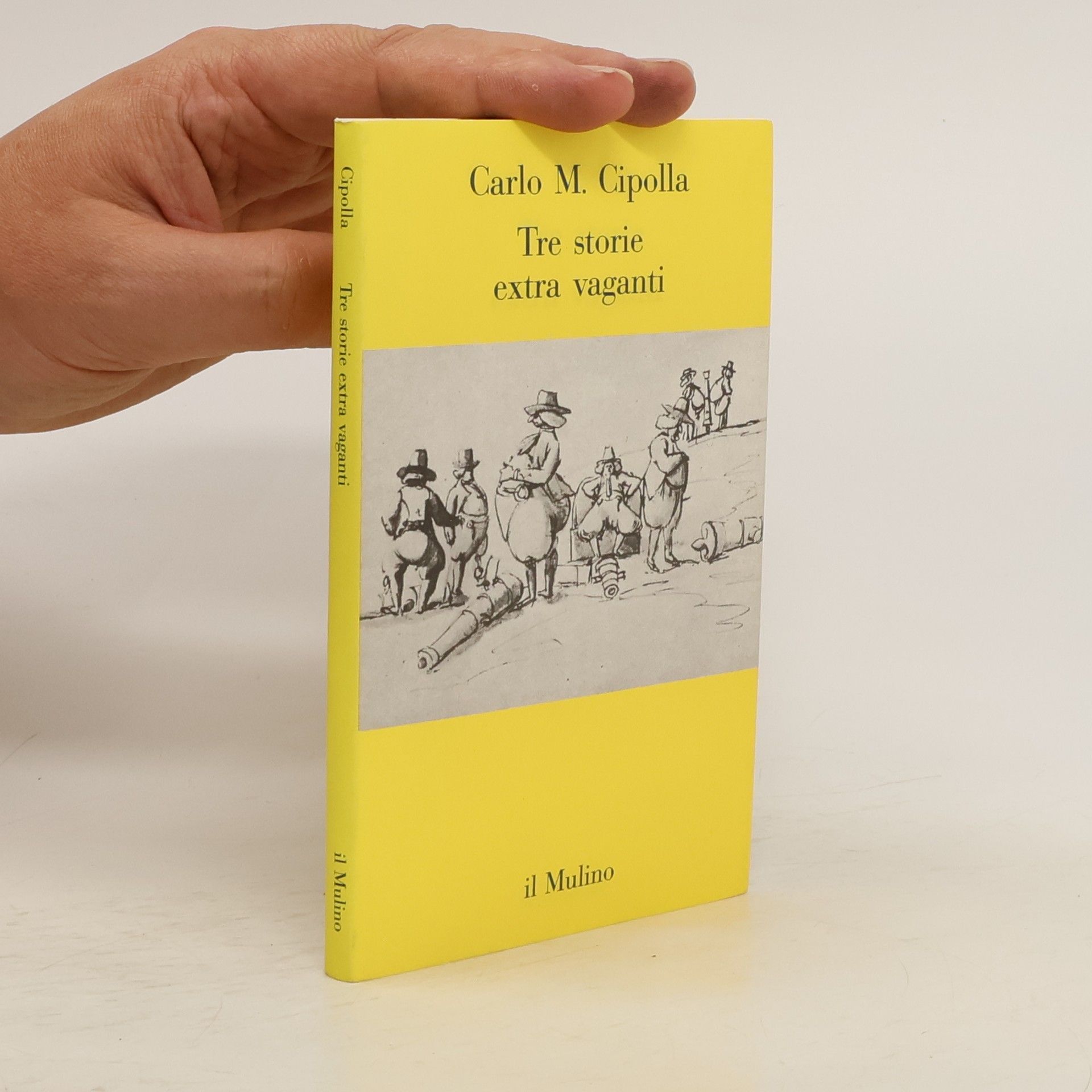
An alternate cover edition can be found here. Un "divertissement", un guizzo anarchico dell'intelligenza. È così che si possono definire queste pagine nelle quali Cipolla abbandona gli austeri panni dello studioso e, giocando sul filo del paradosso e dell'assurdo, costruisce due brevi saggi: il primo, una ilare parodia della storia economica e sociale del Medioevo; il secondo, una sorta di scherzosa teoria generale della stupidità umana.
The Fontata Economic History of Europe
The Emergence of Industrial Societies 1
- 368pagine
- 13 ore di lettura
The Economic History of World Population
- 136pagine
- 5 ore di lettura
From back cover: 'This book presents a global view of the demographic and economic development of mankind. Professor Cipolla has deliberately adopted a new point of view and has tried to trace the history of the great trends in population and wealth which have affected mankind as a while. For it would have been inadequate to regard such a global history as being merely the sum total of national economic histories in abridged form. Among the massive problems that face the human race the author emphasizes the demographic explosion, the economic backwardness of vast areas, the spread of industrial revolution and of technical knowledge,. Whilst hte theoretical approach can help our analysis of these problems, Professor Cipolla believes that they can only wholly grasped and solved when they are studied in their full historical perspective.
Between history and economics : an introduction to economic history
- 256pagine
- 9 ore di lettura
This book examines the methodological problems that have arisen from the clash of these two cultures, and aims to provide an account of the nature and substance of economic history.
Literacy and Development in the West( Pelican Original)
